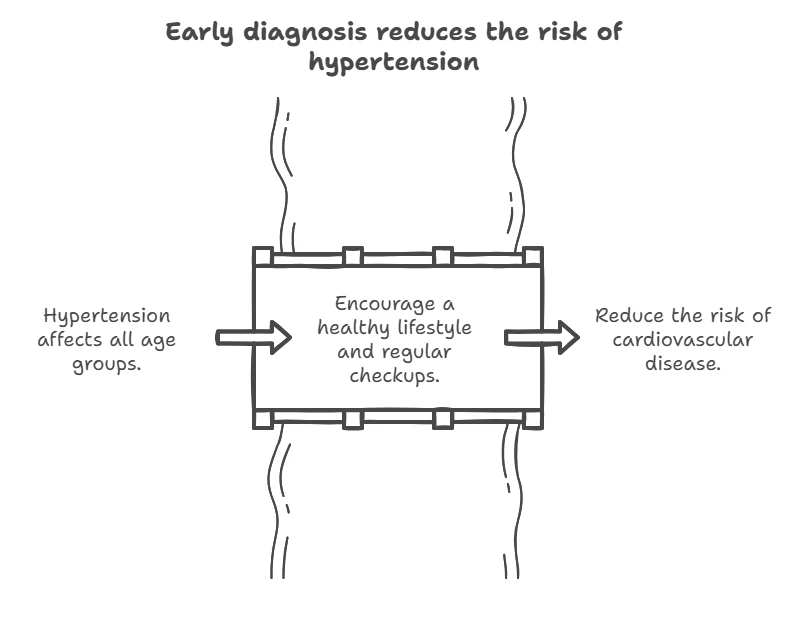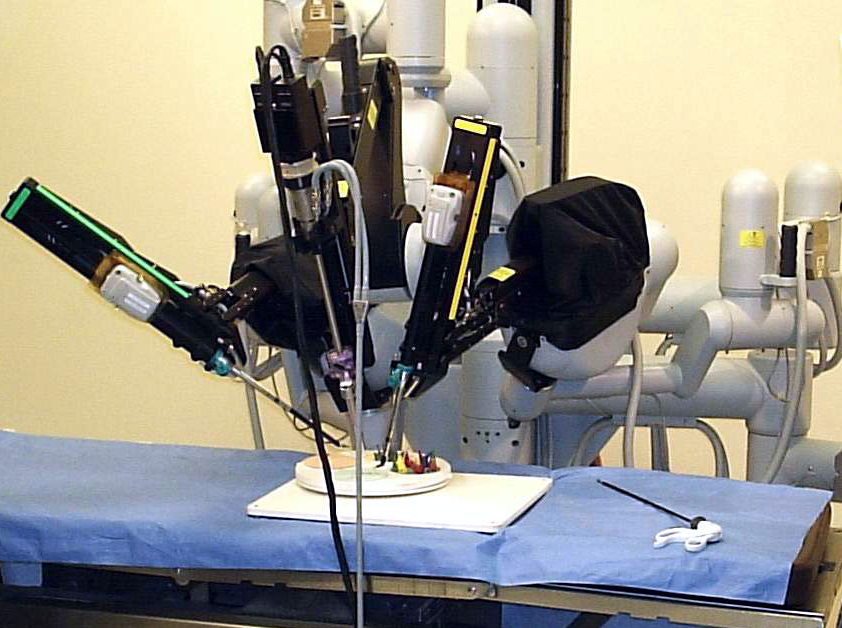

High blood pressure (hypertension) is one of the most common chronic diseases in the world.
According to the World Health Organization, hypertension affects more than 1.3 billion people, making it a serious public health threat.
Despite the widespread awareness of the problem, many people still don’t realize at what age periods high blood pressure can be particularly dangerous.
In this article, we look at the age-specific risks of hypertension and its impact on brain health, based on the latest research.

Age and risk of hypertension
Hypertension can occur at any age, but the risk of its onset and complications increases significantly with age.
Studies show that people over the age of 45 are significantly more likely to develop high blood pressure.

However, it is important to note that young people are not immune to this disease either, especially in the presence of risk factors such as heredity, obesity, sedentary lifestyle and poor diet.
Table 1: Blood pressure categories by age group
| Age group | Normal pressure | High blood pressure |
|---|---|---|
| 18-29 years | <120/80 mm Hg. | 120-129/80-84 mmHg. |
| 30-44 years | <120/80 mm Hg. | 120-129/80-84 mmHg. |
| 45-59 years | <120/80 mm Hg. | 120-129/80-84 mmHg. |
| 60+ years | <130/80 mm Hg. | 130-139/80-89 mmHg. |
Table 2: Classification of hypertension
| Hypertension Category | Systolic pressure | Diastolic pressure |
|---|---|---|
| Grade I hypertension | 130-139 mmHg. | 85-89 mmHg. |
| Grade II hypertension | ≥140 mmHg. | ≥90 mmHg. |
| Grade III hypertension | ≥160 mmHg. | ≥100 mmHg. |
Key studies
A recent study conducted by the University of London (UCL) has found a link between early changes in blood pressure and cognitive decline.
According to the study, even small increases in blood pressure at a young age can lead to poor brain health later in life.
Other studies also confirm that hypertension increases the risk of strokes, heart attacks and other cardiovascular diseases, especially in middle-aged and elderly people.

The impact of hypertension on brain health
High blood pressure has a negative impact on the brain’s vascular system, contributing to vascular disease, dementia and other neurological disorders.
The UCL study found that even small changes in blood pressure at a young age can lead to cognitive decline and an increased risk of developing Alzheimer’s disease over time.

Prevention and management of blood pressure
Controlling blood pressure is important at any stage of life, but is especially relevant for high-risk age groups. Here are some recommendations for maintaining normal blood pressure:

- Healthy eating: Reduce your intake of salt, saturated fat and sugar. Include more fruits, vegetables and whole grains in your diet.
- Physical activity: Regular exercise helps to strengthen the cardiovascular system and control weight.
- Weight control: Excess weight increases the strain on the heart and blood vessels.
- Smoking and alcohol cessation: These factors significantly increase the risk of hypertension.
- Regular medical examinations: Monitoring of blood pressure allows timely detection and correction of its increase.
Table 3: Risk factors for hypertension by age group
| Risk factor | Young (18-29) | Middle age (30-59) | Elderly (60+) |
|---|---|---|---|
| Genetic predisposition | High | Medium | Low |
| Overweight | Medium | High | High |
| Smoking | Medium | High | Medium |
| Alcohol | Medium | High | Medium |
| Lack of physical activity | High | High | Medium |
| Stress | High | High | Medium |

Conclusion
Hypertension is a serious problem that affects people of all ages.
However, the risk of its development and complications increases significantly with age, especially after the age of 45.
Early diagnosis and control of blood pressure can significantly reduce the risk of cardiovascular and neurological diseases.
It is important to lead a healthy lifestyle, undergo regular medical examinations and seek timely help from specialists.



